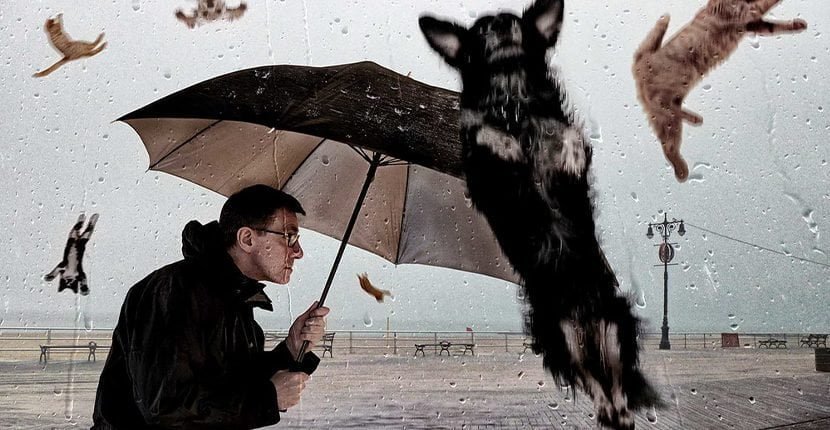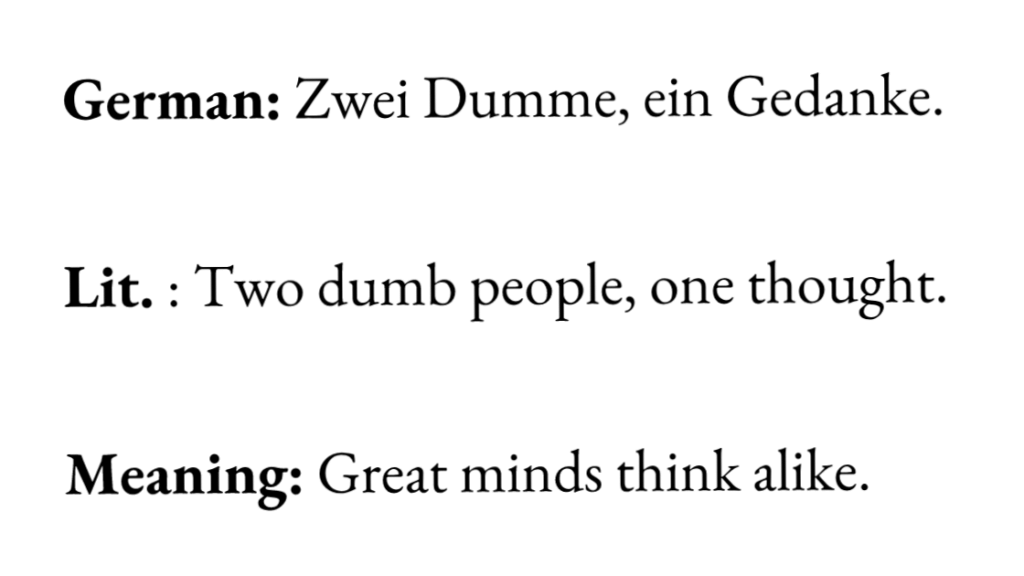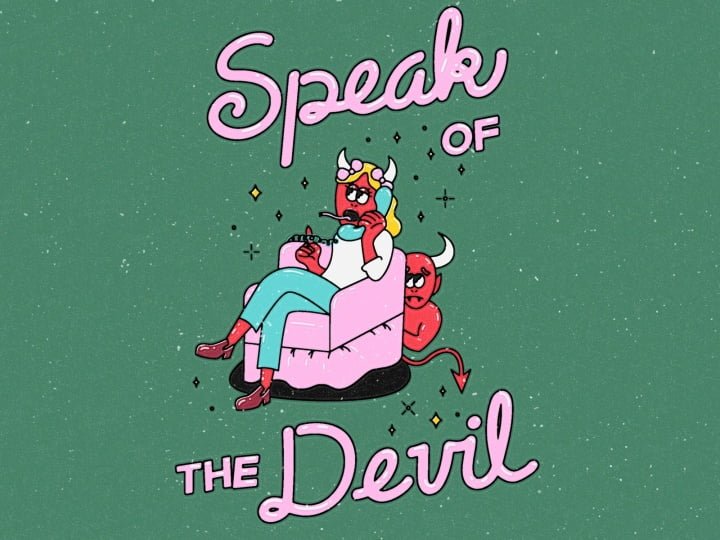Everyone on this planet laughs pretty much the same way. No human will fail to recognize a laugh no matter from what corner of the world it comes from. But there is an aspect to laughing that is incredibly diverse across languages and cultures. While the acoustics of laughing are universally fixed, there is a great and surprising variety in how speakers of different languages choose to write the way they laugh. This diversity arises primarily from the different writing systems these languages use. Also, some of this variety is attributed to the fact that some languages do not have the sound corresponding to ‘h’ which make up the laughing interjunction. Let us know if your language made the list. If not, please add it in a comment.
1. English

2. French

3. German

4. Greek

5. Arabic

6. Hebrew

7. South Korean

8. Chinese

9. Ukrainian

10. Japanese

11. Indonesian

12. Russian

13. Spanish

14. Tai

15. Icelandic

16. Portuguese

17. Norwegian

18. Thai

19. Vietnamese

20. Chemists

21. Nerdish









You should be aware of that what you transcribe as x (Greek, Russian), is the Spanish j sound or the German ach sound. Hebrew ה is like English h, not like Spanish j or German ch in ach.
Japanese は is ha (Japanese has a h sound), but before a it is more like Spanish j or German ‘hard’ ch.
Myanmar they write, hkhkhk
You got the Hebrew backwards ?
As usually happens with Hebrew.
Should be
חה חה חה
Or just
חחח
Number 14 and 18 are the same.
Brazilian Portuguese:
hahahaha
hehehehe
huahuahuahuahua
No one laughs like “ははは” online in Japanese.
“www” ist accurate, and other possibilities include “笑”, “草”, “わろた”, “くそわろた”, “わろ”, “ワロス”, etc.
The Norwegian one is really inaccurate. The most commonly used laugh is haha, but we also write hehe, hihi, hoho, høhø, hæhæ, håhå, tihi or fnis, depending on the laugh in question
Brazilian Portuguese: kkkk
Italian
ahahah
ehehehe
ihihihih
Brazilian:
kkkk and rsrsrs
Brazilian Portuguese: kkkkk
Wkwkwk
Chemist laugh ???
Russians sometimes use )))) to mean happy/haha like smileys without the eyes
Tai and Thai?